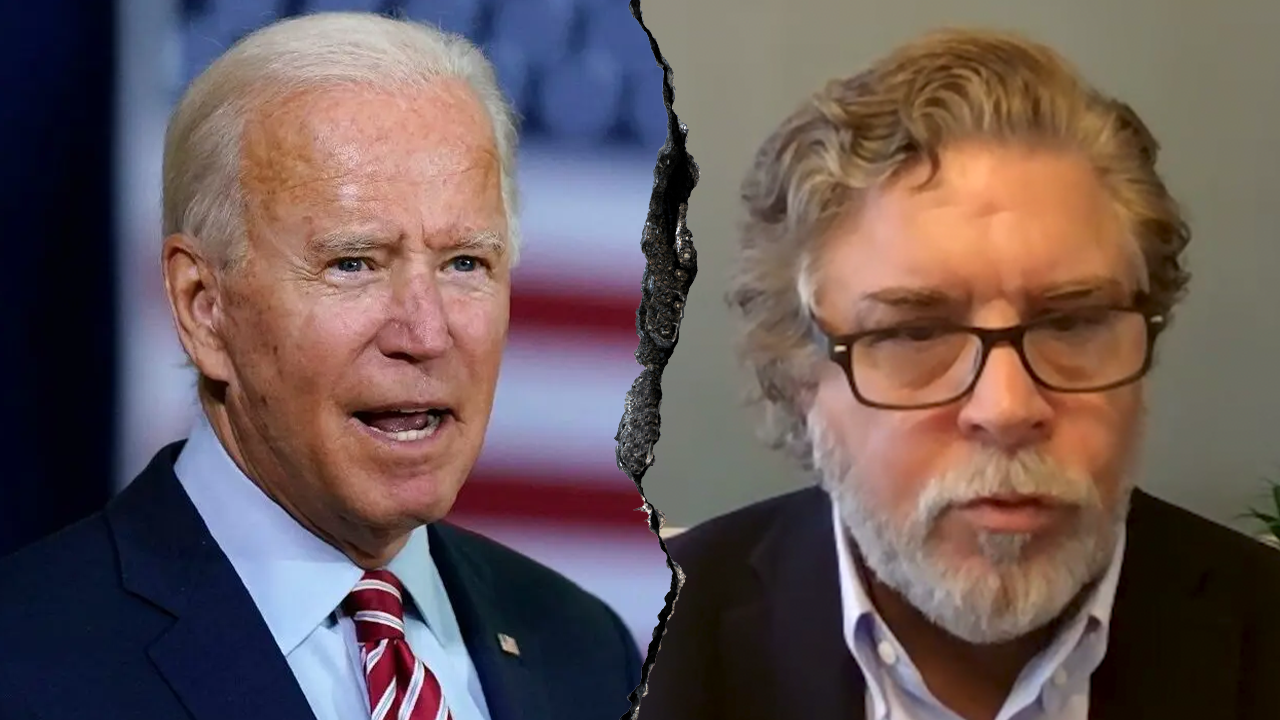Whistleblower exposes how fired Biden-era official was soft on China, prioritized DEI

A former senior staffer at the Food and Drug Administration (FDA) has come forward to shed light on the challenges facing the agency under the Biden administration. David Oliveira, who recently left the FDA after six years, has highlighted issues such as diversity, equity, and inclusion (DEI), as well as failures to address the influx of illicit vapes from China.
Oliveira expressed concern over the removal of FDA chief tobacco regulator Brian King from his position earlier this month, citing a need for dramatic change in leadership within the agency’s tobacco control division. He emphasized that there have been significant shortcomings in the FDA’s core missions related to tobacco regulation, drawing criticism from various stakeholders, including public health advocates, consumers, small business owners, and even politicians like Senator Dick Durbin.
One of the most pressing issues identified by Oliveira is the surge of illicit Chinese vapes flooding the U.S. market, which he described as a significant threat that has been largely ignored. Despite efforts to reduce youth smoking rates, the availability of unauthorized Chinese vapes with appealing flavors has led to a sharp increase in youth vaping since 2020. This trend has been fueled by China’s status as the world’s leading e-cigarette producer, with a focus on marketing products to children.
Oliveira pointed out that the FDA’s lack of action against the influx of illicit vapes has allowed China to dominate the market, with sales of unauthorized flavored disposable vapes reaching billions of dollars. He criticized the agency for delegating enforcement responsibilities to other departments like Border Patrol and the Department of Justice instead of taking direct action to curb China’s market flooding. This, he argued, has left the U.S. at a disadvantage in regulating the e-cigarette industry.
In addition to the challenges posed by illicit vapes, Oliveira also raised concerns about the FDA’s focus on diversity, equity, and inclusion under King’s leadership. He suggested that DEI initiatives had become a distraction from the agency’s core mission, leading to a lack of focus on critical public health issues. Oliveira highlighted the removal of DEI materials from the FDA’s website amid a shift towards meritocracy under the Trump administration, indicating a broader shift in priorities within the agency.
Furthermore, Oliveira criticized King’s approach to menthol cigarettes, characterizing it as a paternalistic effort that overlooked the needs of the Black community. He suggested that the FDA’s crusade against menthol cigarettes was driven more by external pressure from figures like Michael Bloomberg than by a genuine commitment to improving public health outcomes.
Overall, Oliveira’s insights paint a picture of a regulatory agency struggling to navigate complex challenges in the tobacco industry, from the influx of illicit vapes to issues of diversity and equity. As the FDA grapples with these issues, stakeholders will be closely watching to see how the agency responds to the evolving landscape of tobacco regulation.




